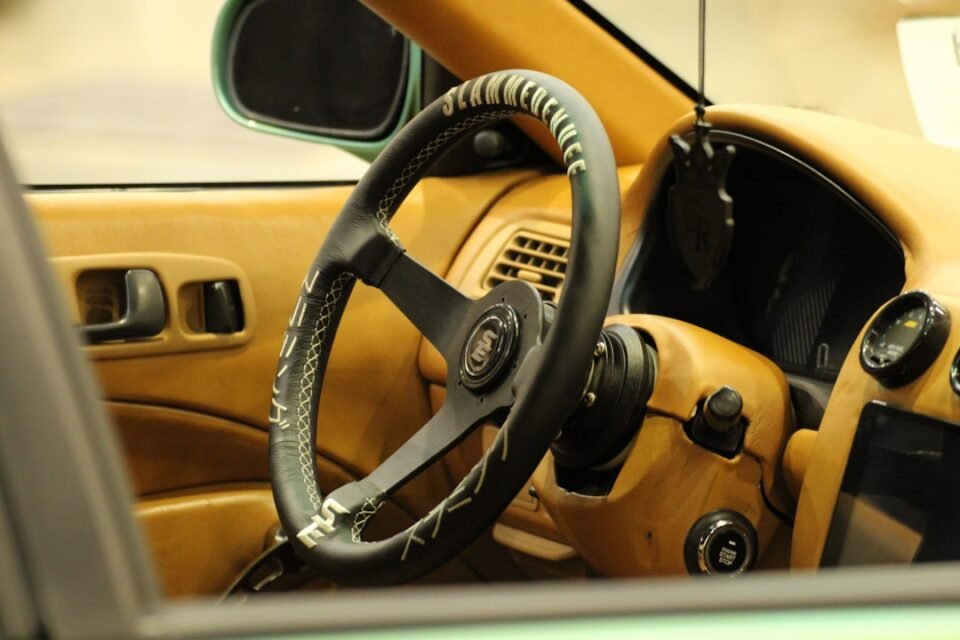Researchers at the University of Leeds and the National Composites Centre in the UK have developed innovative steering wheels made from natural fibres, bio-based resin systems, and recycled materials. These prototypes aim to create a more sustainable steering wheel for a Ginetta LMP3 sportscar as part of the Waste2Race project, which focuses on building a hydrogen-powered vehicle. The project evaluated three novel steering wheel concepts using Life Cycle Assessment (LCA) to measure their environmental impact. The prototypes feature an all-cellulose composite made from flax fibre, a combination of flax and polylactic acid, and waste denim infused with epoxy. Each design includes oak handles, replacing the traditional polyurethane foam. The LCA results showed a significant reduction in global warming potential compared to carbon fibre and aluminium baselines. The all-cellulose composite, developed using a unique dissolution process, offers excellent stress transfer and ease of recycling. The research team is exploring ways to upscale production and optimize the design for mass manufacturing. The goal is to create a lightweight, high-performance steering wheel that could be adopted across various industries.
This website uses cookies to improve your experience. We assume you agree, but you can opt out if you wish. Accept More Info


